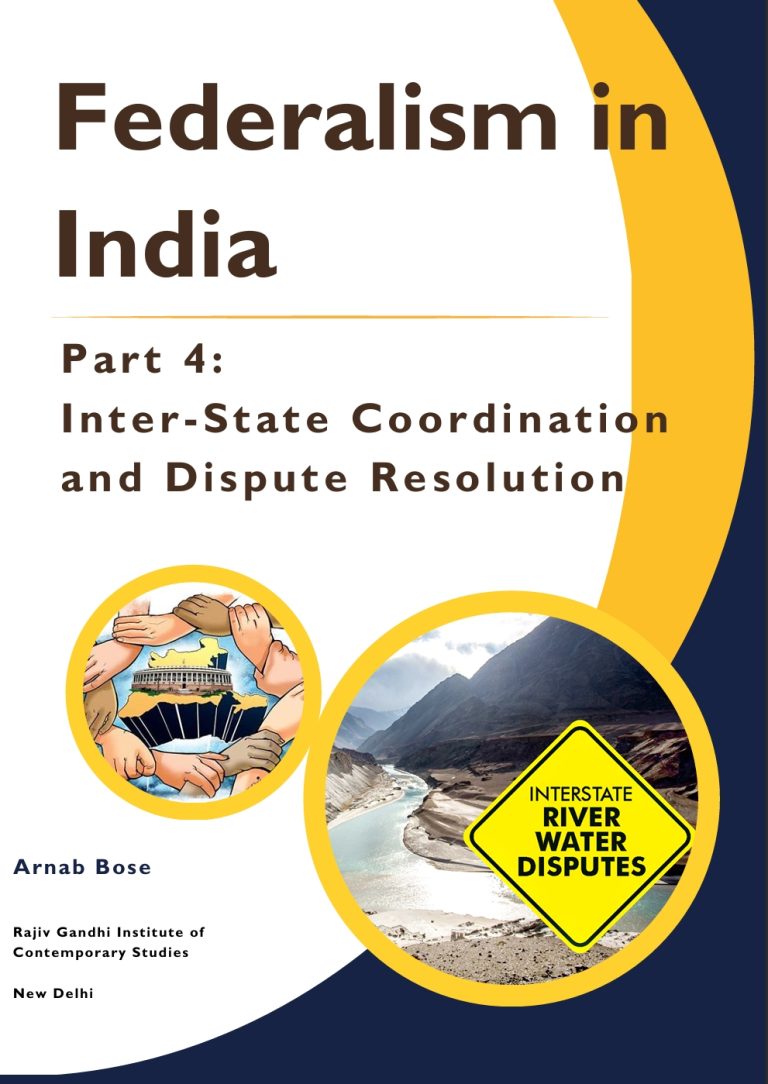
Inter-State Coordination and Dispute Resolution
The document highlights key findings on India’s federal structure, focusing on inter-state coordination and dispute resolution mechanisms. It…

Lorem ipsum dolor sit amet consectetur adipiscing elit dolor. Lorem ipsum dolor sit amet consectetur adipiscing elit dolor

The document highlights key findings on India’s federal structure, focusing on inter-state coordination and dispute resolution mechanisms. It…
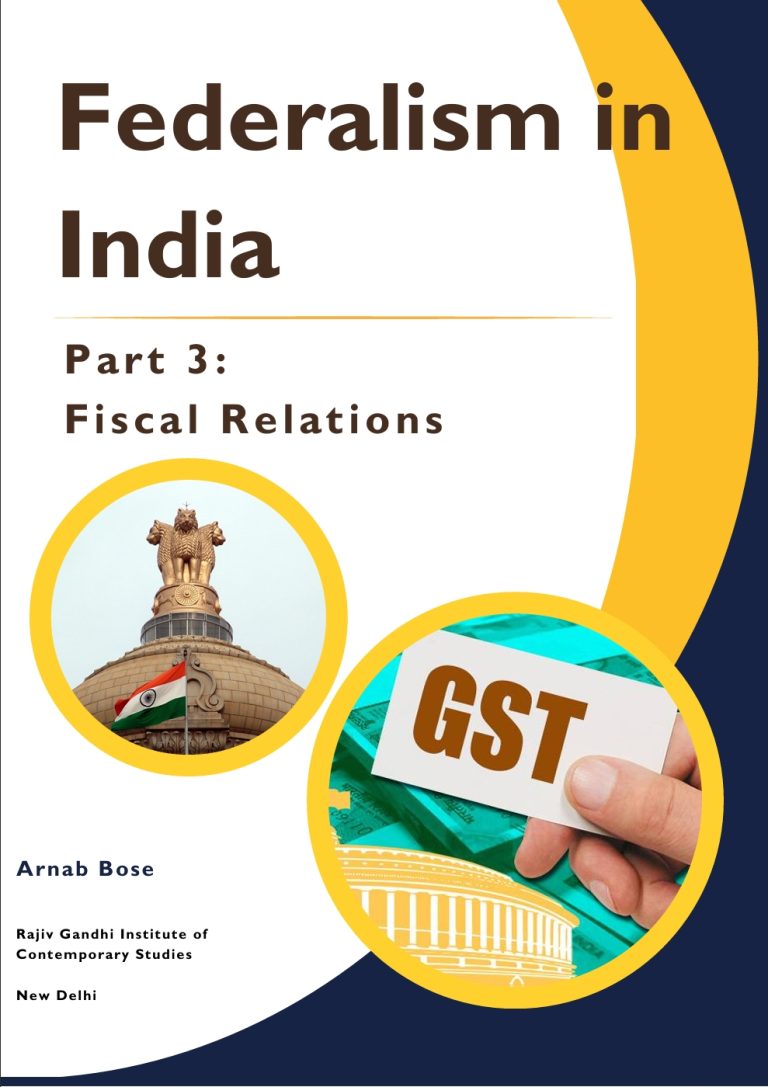
The document explores how financial power is shared between the Centre and the States in India, highlighting key…
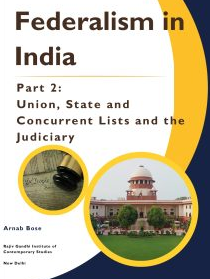
The document delves into how legislative powers are shared between the Union and the States in India, focusing…
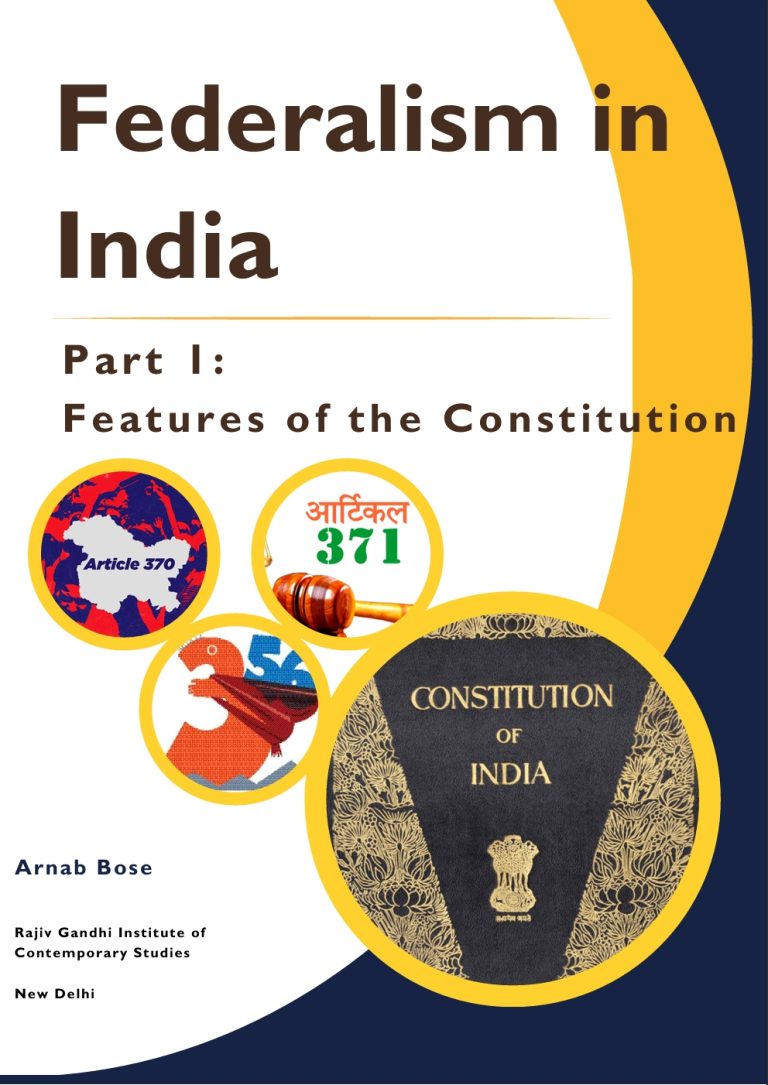
The document explores India’s quasi-federal structure, where power is divided between the Centre and the States but with…
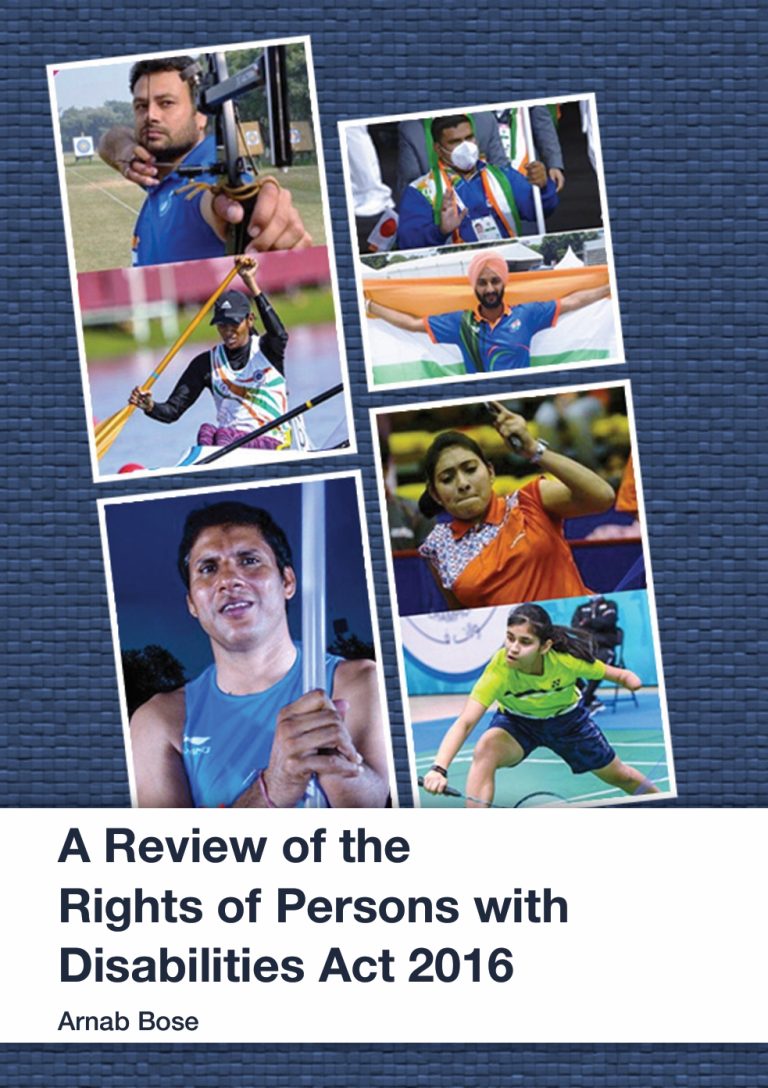
To make a desired difference, implementation of the Rights of Persons with Disabilities (RPWD) Act, 2016 must improve.…
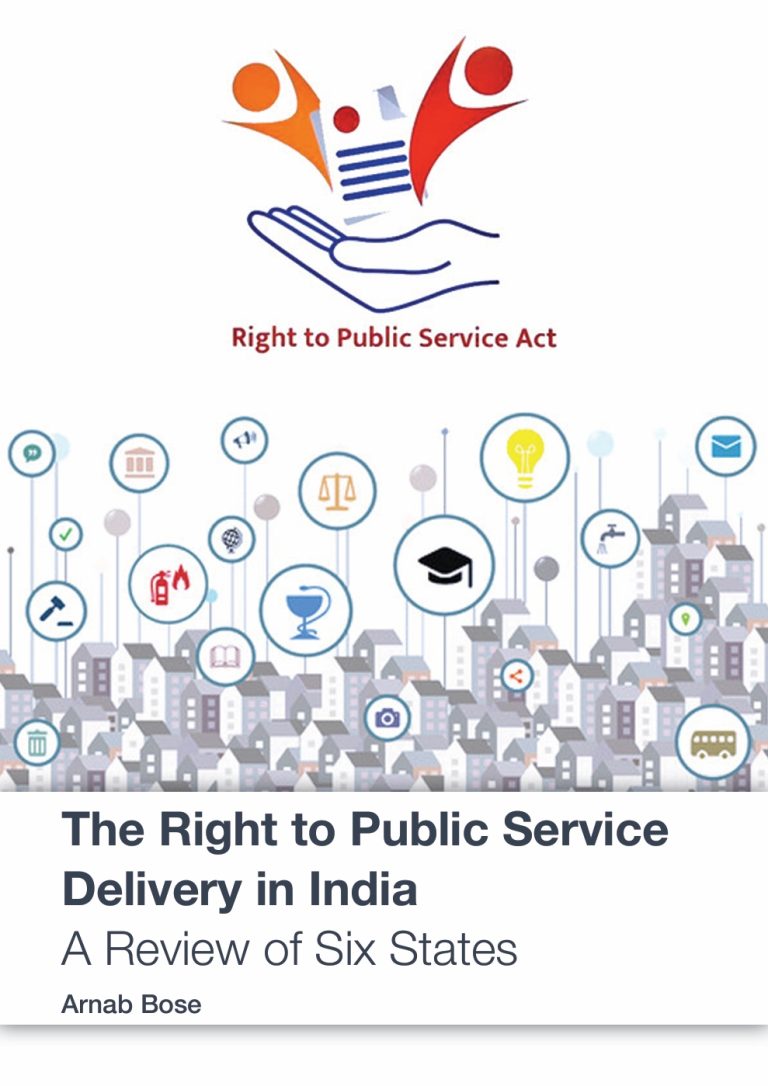
Public services in India have long been plagued by delays, inefficiency, and red tape. The Right to Public…
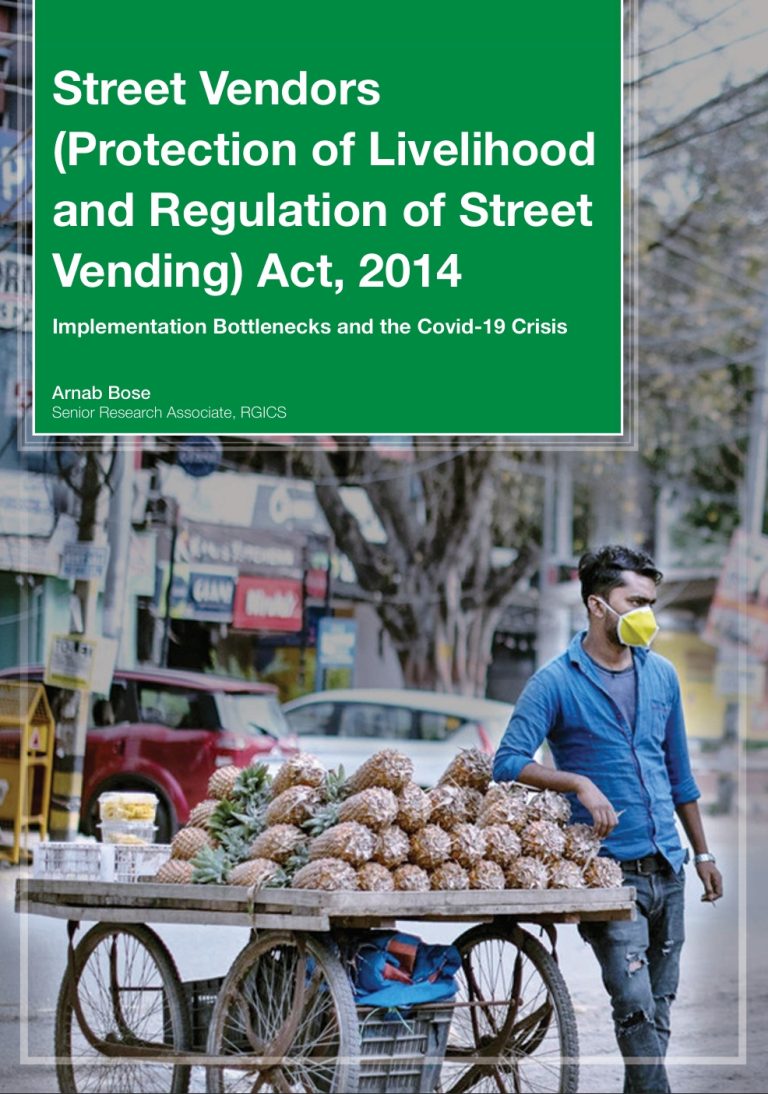
Despite legal protections, street vendors still face major challenges. Many remain invisible in official records, as government estimates…
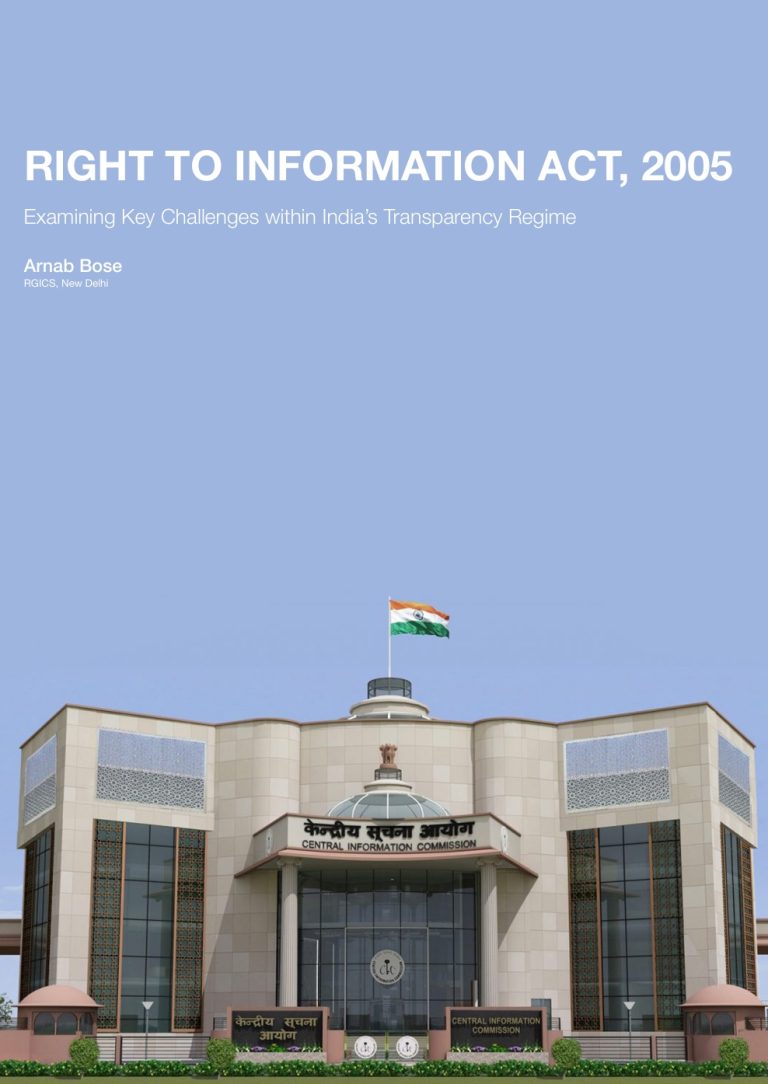
The Right to Information (RTI) Act, 2005 has been a game-changer for transparency and accountability in India. It…
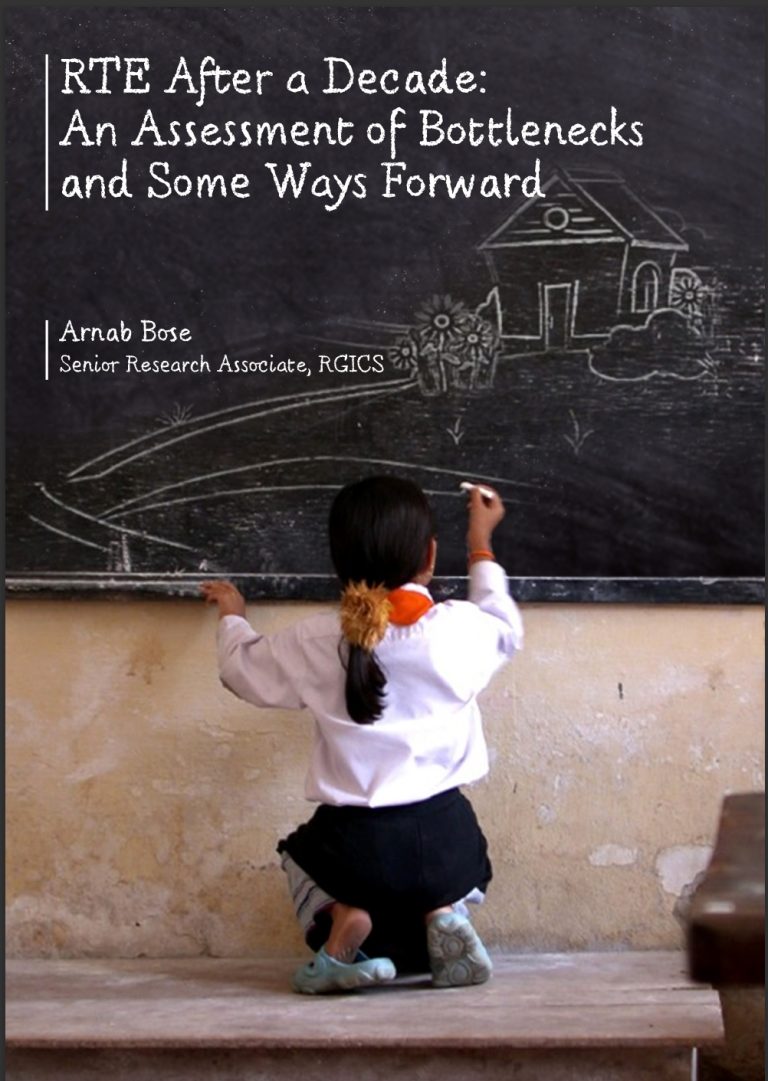
The Right to Education (RTE) Act, implemented in 2010, was a landmark step towards ensuring free and compulsory…
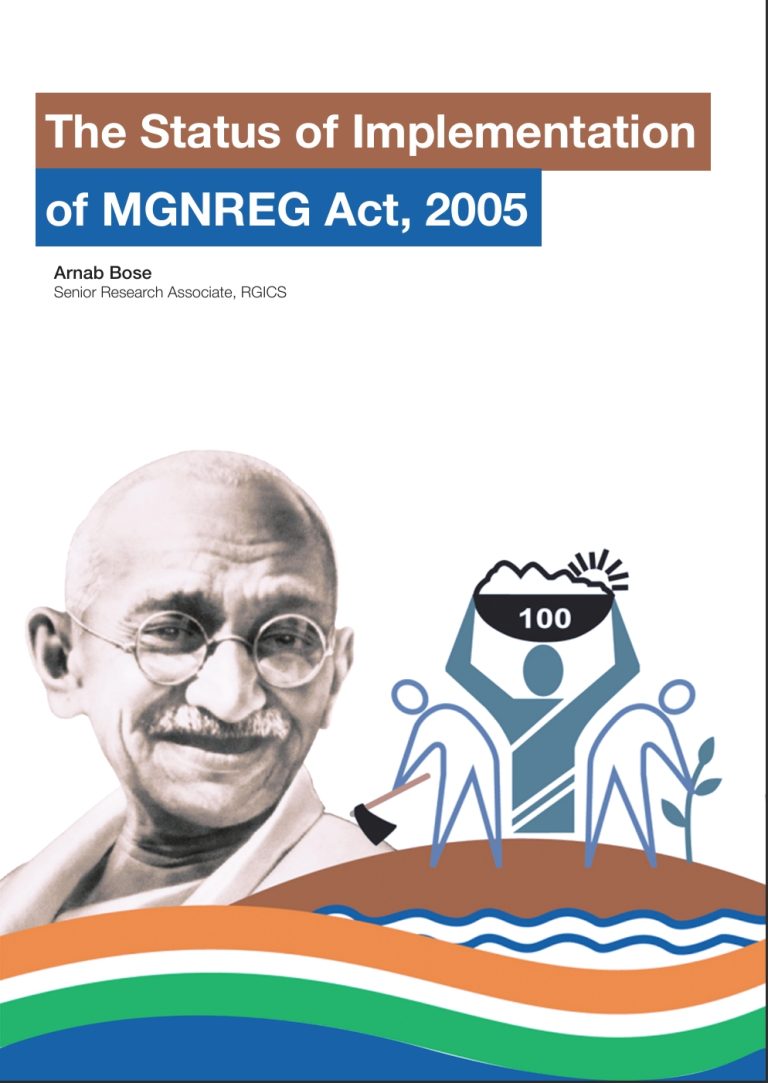
For millions of rural families across India, MGNREGA isn’t just a policy—it’s survival. Since its launch in 2005,…
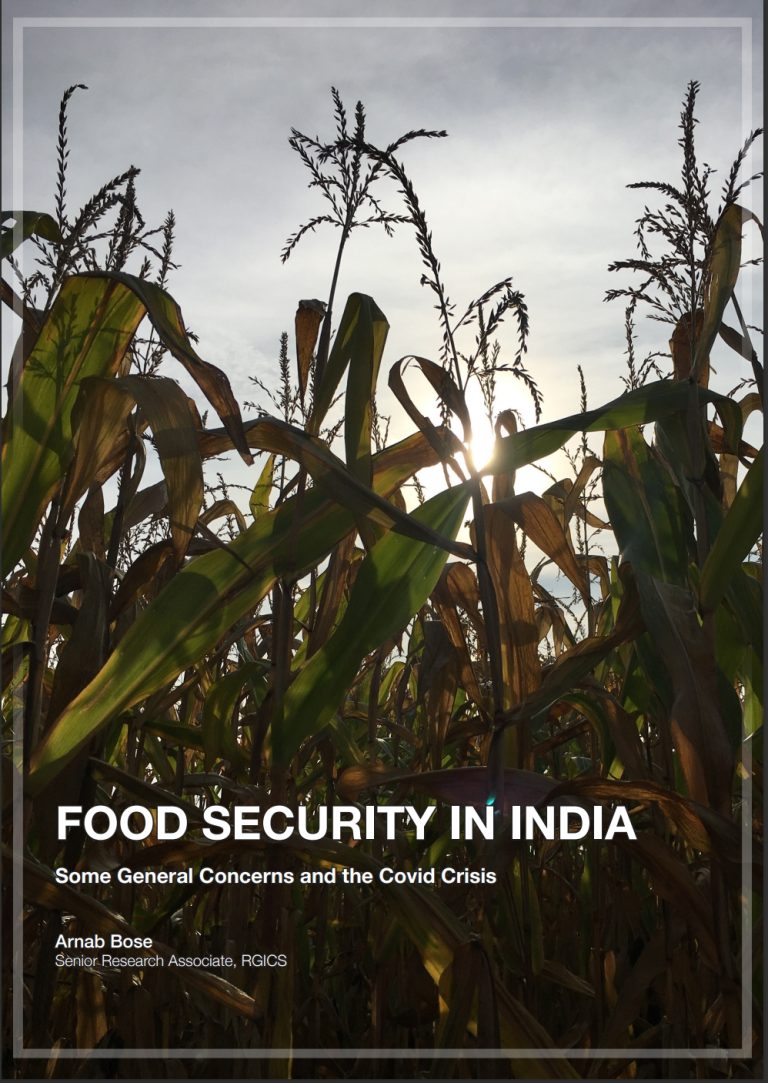
The COVID-19 lockdown revealed major flaws in India’s food security system. While the National Food Security Act (NFSA)…